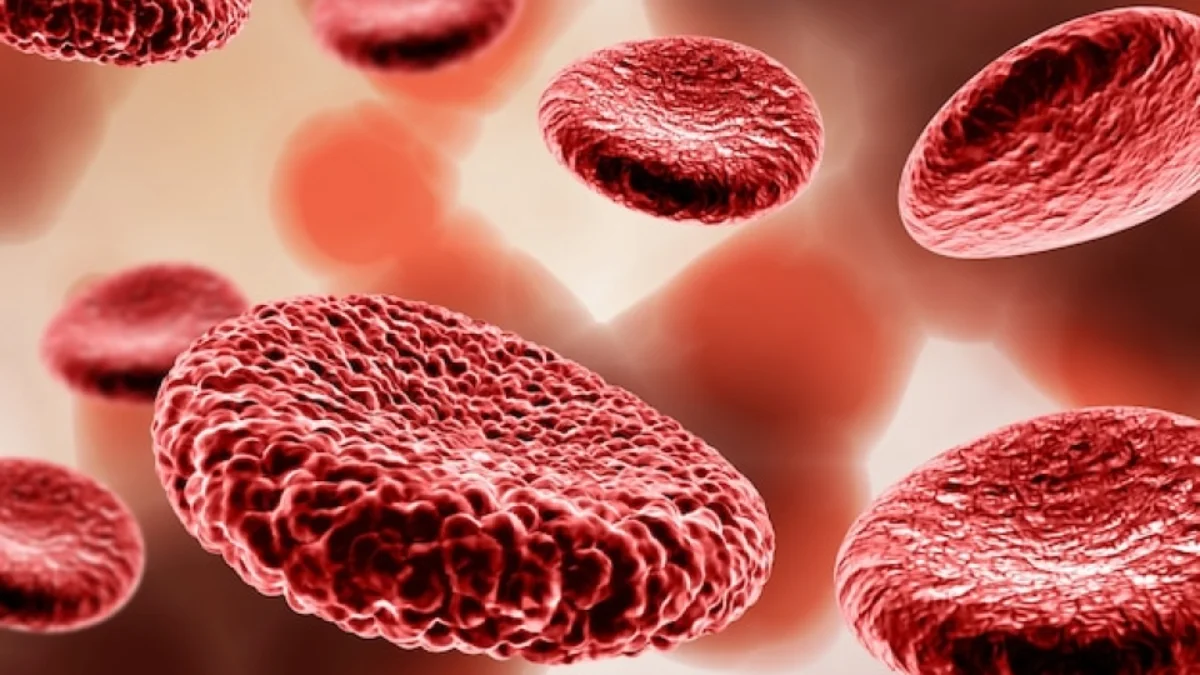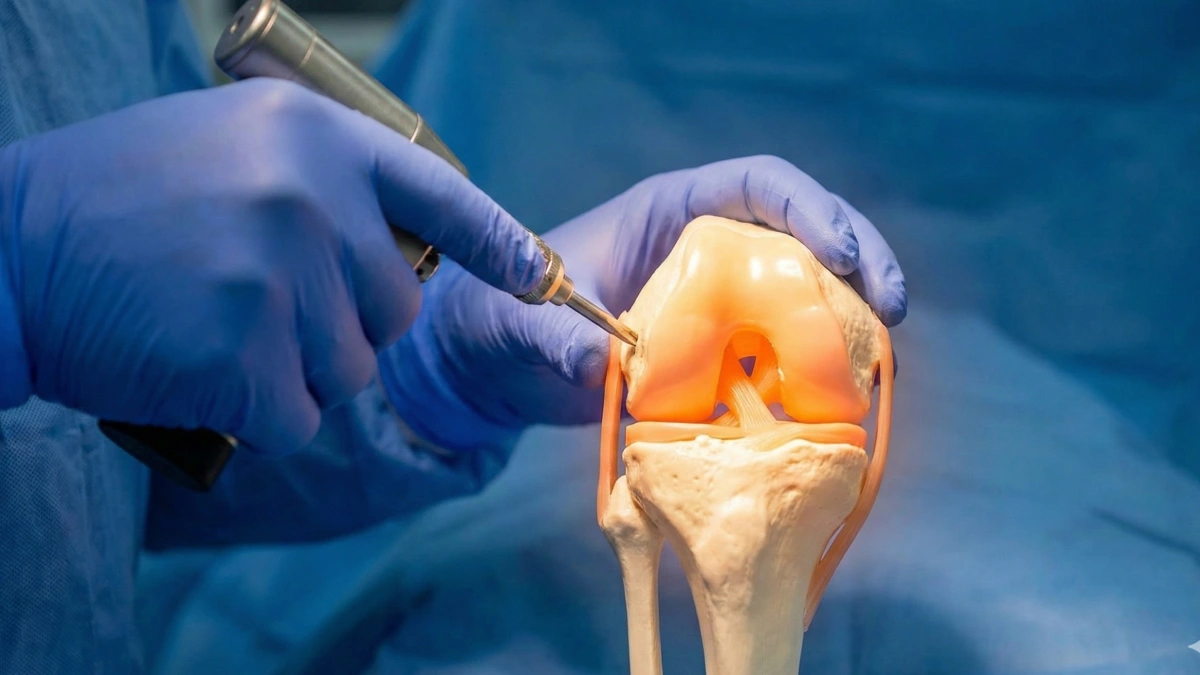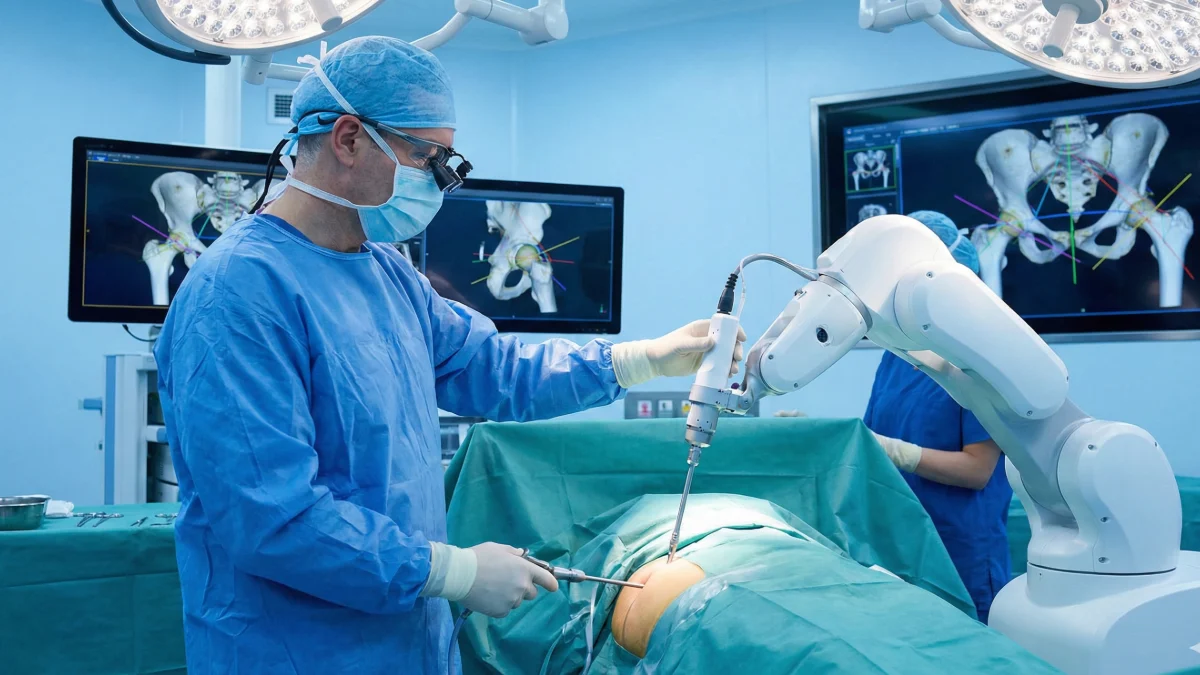Leukemia cancer treatment in Turkey is a rapidly advancing field, offering therapies and care to patients from around the world. With a blend of experienced medical professionals, state-of-the-art facilities, and cost-effective healthcare options, Turkey has consequently become a hub for leukemia treatment. Therefore, this guide explores various aspects of leukemia treatment, aiming to provide detailed insights into this crucial medical subject.
Overview
Typically, blood consists of red blood cells, white blood cells, and platelets. In cases of leukemia, abnormal cancer cells soon outnumber healthy cells, causing a range of health issues.
What is Leukemia?
Leukemia is a type of blood cancer characterized by the rapid growth of abnormal blood cells. This uncontrolled growth happens in the bone marrow, where most of the body’s blood is produced. Leukemia cells are typically immature white blood cells. The term leukemia originates from the Greek words “leukos” (white) and “haima” (blood).
How Does Leukemia Develop?
Leukemia begins in the bone marrow, the soft spongy tissue inside bones where blood cells are made. Blood cells progress through various stages before they mature. In cases of leukemia, one developing blood cell begins to multiply uncontrollably, overtaking the bone marrow and impeding the production of healthy blood cells.
How Does Leukemia Affect the Body?
Leukemia cells serve no purpose in maintaining health. Their proliferation reduces the space available for normal cells, impairing vital processes such as oxygen transport, infection defense, and blood clot formation.
Types of Leukemia
Healthcare providers classify leukemia based on the speed of disease progression and the type of blood cell involved. The main types of leukemia include:
- Acute Lymphocytic Leukemia (ALL)
- Acute Myelogenous Leukemia (AML)
- Chronic Lymphocytic Leukemia (CLL)
- Chronic Myelogenous Leukemia (CML)
Classifications of Leukemia
- By Speed of Disease Progression:
- Acute Leukemia: Rapid proliferation requiring immediate treatment.
- Chronic Leukemia: Slower progression, sometimes symptomless for years.
- By Cell Type:
- Myelogenous Leukemia: Develops from myeloid cells.
- Lymphocytic Leukemia: Develops from lymphoid cells.
Symptoms and Causes
Symptoms of Leukemia
Common signs and symptoms include:
- Fatigue and easy tiring
- Fever or night sweats
- Frequent infections
- Shortness of breath
- Pale skin
- Unexplained weight loss
- Bone or joint pain
- Swollen lymph nodes
- Easy bruising and bleeding
Causes of Leukemia
Leukemia starts when the DNA of a single cell in the bone marrow changes (mutates) and multiplies uncontrollably. The exact cause of these mutations remains unclear, but several risk factors have been identified, such as previous cancer treatments, smoking, exposure to chemicals, genetic disorders, and family history.
Diagnosis and Tests
How is Leukemia Diagnosed?
Diagnosis typically involves:
- Physical Exam: Checking for signs like swollen lymph nodes and pale skin.
- Blood Tests: Evaluating red, white blood cell, and platelet levels.
- Bone Marrow Biopsy: Testing bone marrow fluid for leukemia cells.
- Imaging Tests: X-rays, CT scans, and MRIs to assess affected areas.
- Lumbar Puncture: Analyzing spinal fluid to check if leukemia has spread.
Leukemia Management and Treatment in Turkey
How is Leukemia Treated?
Leukemia treatment in Turkey incorporates various state-of-the-art therapies, often combining several approaches:
- Chemotherapy: The most common treatment, using chemicals to target and kill leukemia cells.
- Immunotherapy: Boosts the body’s immune system to fight leukemia.
- Targeted Therapy: Focuses on specific parts of leukemia cells to prevent their growth.
- Radiation Therapy: Uses high-energy beams to target and destroy leukemia cells.
- Hematopoietic Cell Transplant: Replaces diseased bone marrow cells with healthy ones.
- CAR T-Cell Therapy: Uses genetically engineered T-cells to fight leukemia.
Phases of Leukemia Treatment
- Induction Therapy: Aims to kill as many leukemia cells as possible.
- Consolidation Therapy: Targets any remaining leukemia cells.
- Maintenance Therapy: Prevents relapse by eliminating residual leukemia cells.
What is the Survival Rate of Leukemia?
The survival rate has improved over the years due to advancements in treatment. However, outcomes vary based on factors like type of leukemia, genetic mutations, and overall health at diagnosis.
Can Leukemia be Cured?
While there is no definitive cure for leukemia, many patients achieve long-term remission,
experiencing no signs of the disease for many years. This often involves ongoing treatment and regular follow-ups to monitor the patient’s health and response to treatment.
Living With Leukemia
Daily Management and Coping Strategies
Living with leukemia requires a multifaceted approach involving medical care, lifestyle adjustments, and psychological support. First and foremost, it’s important to adhere to treatment plans. Additionally, maintaining regular checkups is crucial. Furthermore, seeking support from healthcare providers, family, and support groups can significantly improve the overall well-being of individuals living with leukemia.
Importance of a Balanced Lifestyle
Maintaining a balanced lifestyle, including a nutritious diet, regular exercise, and adequate rest, can aid in managing symptoms and improving overall quality of life.
What Is the First Sign of Leukemia?
The first signs of leukemia can vary but often include fatigue, frequent infections, or unexplained bruising and bleeding. Early detection through routine blood work and awareness of symptoms is crucial for effective treatment.
What Are the Early Signs of Leukemia in Blood Work?
Early signs of leukemia in blood work include abnormal levels of white blood cells, red blood cells, and platelets. High white blood cell counts are common, along with low counts of red blood cells and platelets.
Conclusion
Leukemia cancer treatment in Turkey stands at the forefront of medical advancement, offering a range of treatments tailored to the individual needs of patients. Therefore, to receive expert care, consider reaching out to Avicenna International Hospital, renowned for its state-of-the-art facilities and experienced medical team.
If you or a loved one is seeking comprehensive leukemia treatment, please contact us at Avicenna International Hospital for more information and personalized medical advice.
Risk factors include previous cancer treatment, smoking, chemical exposure, certain genetic disorders, and family history.
es, maintaining a healthy lifestyle can support treatment and improve quality of life, though it is not a substitute for medical therapy.
Yes, leukemia can be treated using various methods, including chemotherapy, immunotherapy, targeted therapy, radiation therapy, and stem cell transplants.
While there is no definitive cure for leukemia, many patients can achieve long-term remission, where the cancer is not detectable and does not return.







